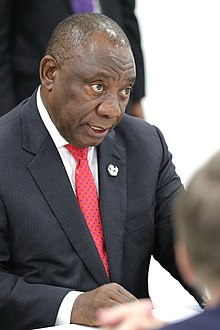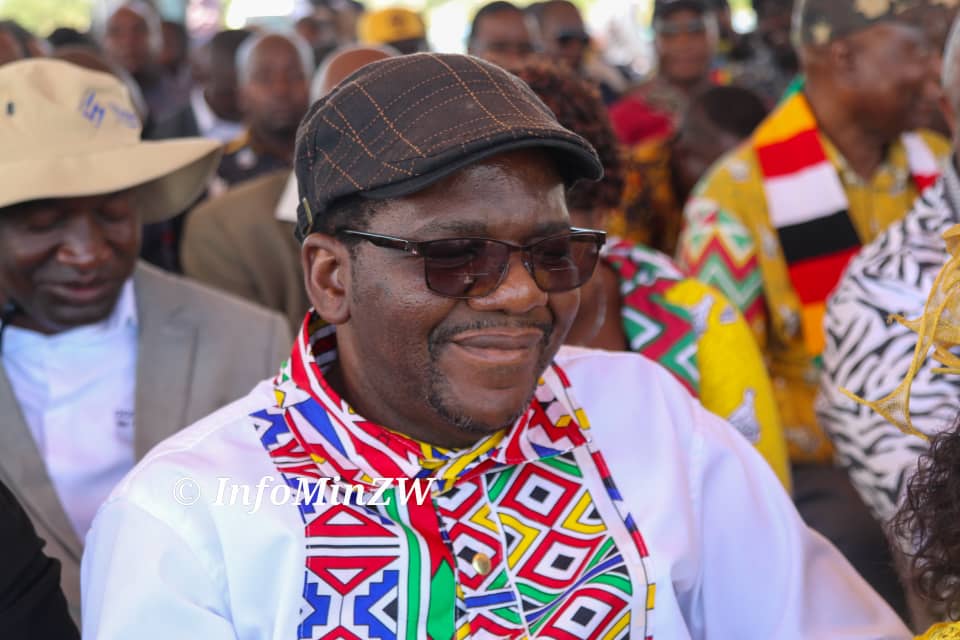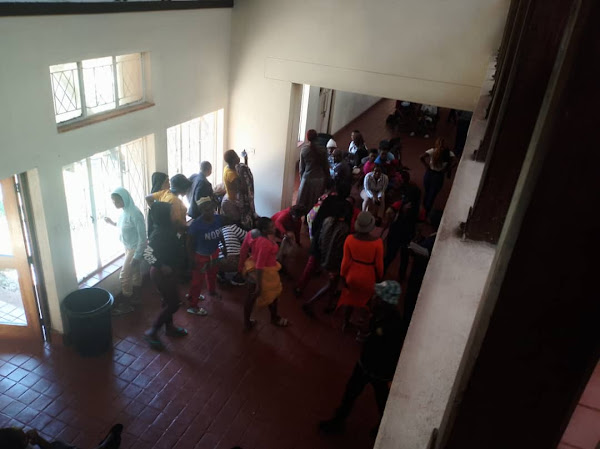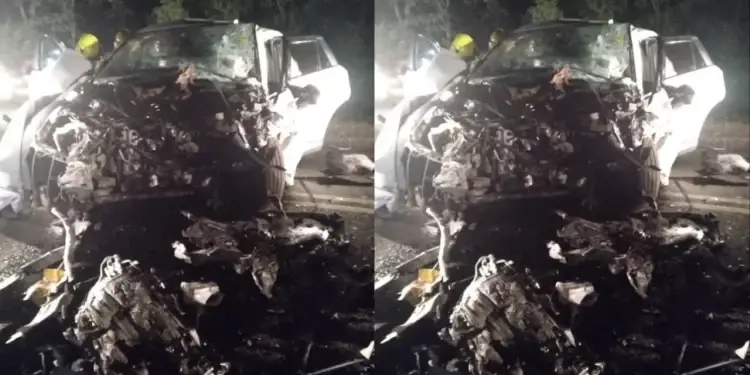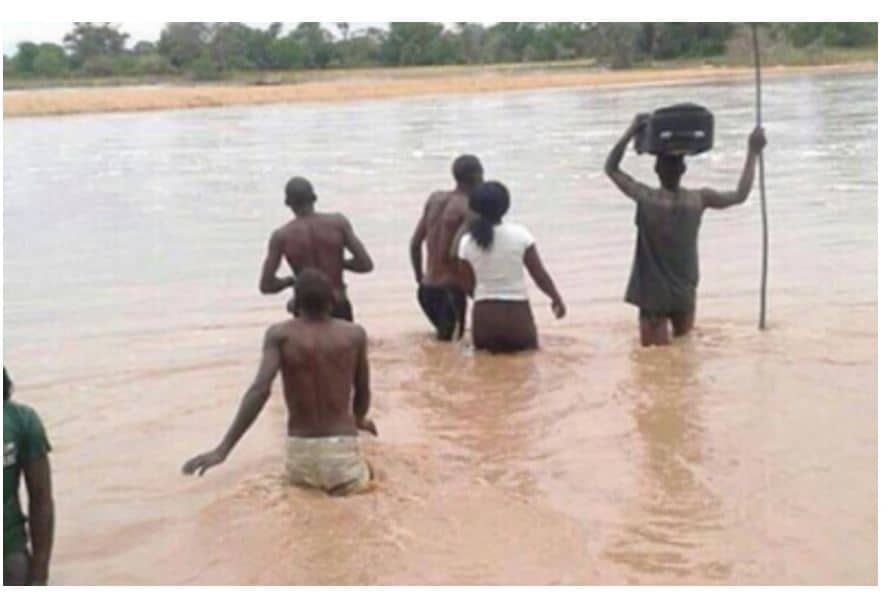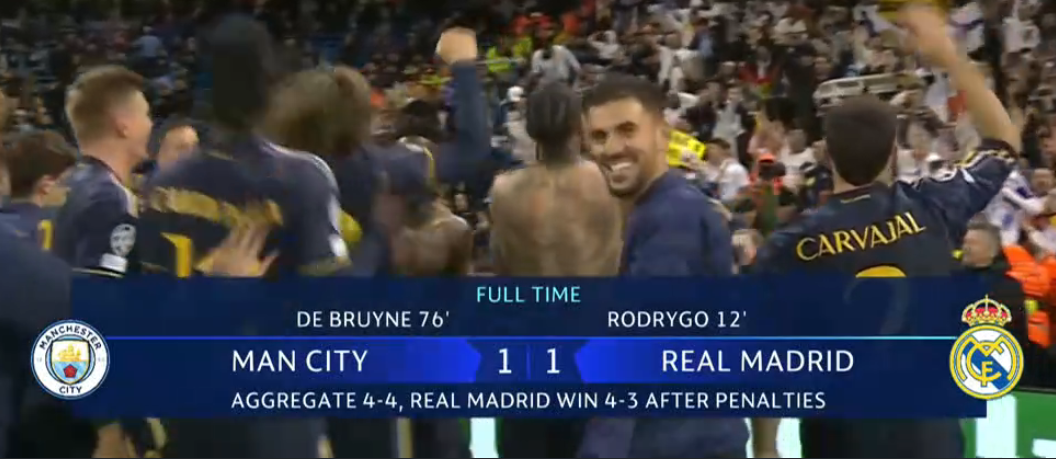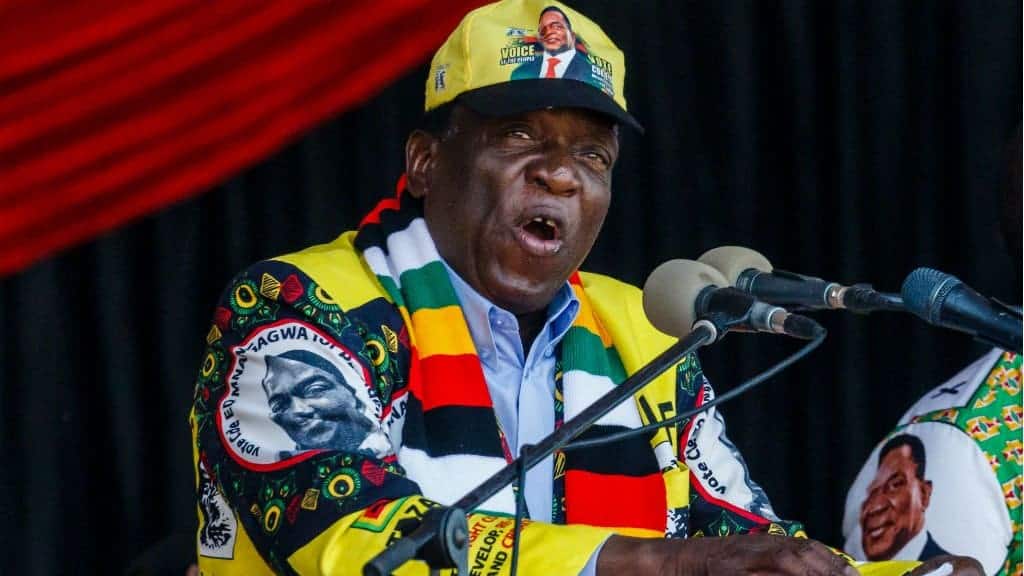By Itai Mushekwe
COLOGNE– President Emmerson Mnangagwa’s days in office are increasingly becoming numbered, and he faces the humiliation of being violently removed from power anytime soon due to a meandering list of massive political problems pile-up on his young tenure, Spotlight Zimbabwe, can exclusively reveal.
Well placed army sources said time is running out for Mnangagwa as there is a growing swell of discontent among junior officers over his alleged “appalling treatment” of the force and reportedly reneging on paying them US dollar salaries after playing a pivotal part in removing former leader, President Robert Mugabe from power in a putsch in November 2017. Other grievances cited include poor accommodation, uniform shortages and poor food rations at the barracks.
“He (Mnangagwa) will be very lucky to remain in office for the coming six months to a year,” the sources said. “The situation in the army is dire, especially disgruntlement among junior officers who are demanding a fair slice of the cake for removing Mugabe. They were promised US dollar salaries, but only received a one time payment in greenbacks in June 2018 before the elections. Even after backing the president to remain in power following the disputed results, which led to the unfortunate August shootings, there was shock to learn that government was reverting to bond note salary payments. In short your president is on the verge of being violently kicked out of office by this irate constituency in the military. I can also reveal that they’re part of a bigger faction in favour of VP Chiwenga to takeover as soon as possible, as he is trusted with improving their working conditions and welfare since he’s the former boss and one of us.’
Spotlight Zimbabwe has also been told that the military faction said to be backing Rtd General Constantino Chiwenga, regrets that the VP handed over power to Mnangagwa in the November coup when they could have “isolated and cut him off in South African exile”. They also want the military to be ready for any eventuality by having another army leader (name supplied) to become president of Zimbabwe should Chiwenga fail to make it, in the wake of his deteriorating health condition. There is suspicion and speculation that Chiwenga could have been poisoned during the 2017 coup days. Media reports suggest that he was flown for a medical emergency earlier this week to South Africa and was reportedly flown to India yesterday for further treatment, although government has remained mum on the latest developments.
“They are saying Chiwenga must reclaim his throne, because there was no need to invite Mnangagwa, who was out of the equation when he escaped to South Africa, while their former boss risked it all by flying back from China to clear the mess, at a time Mugabe had planned to arrest him and possibly charge him with treason. Zimbabwe is on the verge of a cliff as Mnangagwa has failed to fix the economy. The military wants to secure the presidium for itself as they ended Mugabe’s dictatorship. There are candidates already in place to step in, even if Chiwenga fails to ascend to the top.”
Defence minister, Oppah Muchinguri-Kashiri, two months ago made the startling disclosure that she fears there will be a coup against her boss’s government, because soldiers have got only one uniform per person, while speaking at parliament’s pre budget consultative Forum in Bulawayo. “We also had challenges as was indicated: inadequate budget, delays in cash disbursements to Ministry’s bank accounts; prices of goods and services – suppliers refusing to accept quotations; and also this affects our levels of our preparedness to deal with any eventuality,” Muchinguri-Kashiri told the forum. “Non availability of adequate institutional accommodation is an area of concern. Our accommodation is in a very deplorable state, and I hope that we are envisaging the putting up of accommodations of thousands of forces to build a hospital and also to provide family accommodation; and this we appeal to you because most of our soldiers depend on accommodation in townships; sometimes are disgraced, insulted, and that brings our own force into disrepute; and this is the situation.”
“When we compare ourselves with other countries we are lagging behind- lack of decent uniforms adequate, our soldiers have only one uniform and you can imagine how embarrassing this situation is; and for me to be exposing our force to this situation where I have to share with Parliament. I normally am not expected, to disclose these issues. But again, I appeal to you – failure to access health care, even food. But I want to thank the minister of Finance, who has chipped in and assured us that he will address the need to make sure that we are accommodated in terms of budgetary intervention or mitigation. We share these concerns because we are afraid of mutiny. We need to control the situation in keeping our forces comfortable and happy we know what has happened in other countries.”
Other high level military officials and diplomatic sources in Harare said Mnangagwa’s downfall might also be accelerated by his fallout with the United Kingdom and China’s relaxation in bailing out his government to resuscitate the economy, over a hitherto unknown invisible Zimbabwe diamonds mining row brewing between Russia and China, two of Harare’s most important international allies.
This publication has it on good account in a full story to be published by this reporter and it’s Canada-based international editor next week, that China is reportedly losing appetite to bail Mnangagwa and Zimbabwe, over a diamonds row. Exclusive information at hand shows that China is now competing with Russia to mine Zimbabwe diamonds, and Beijing is said to be unhappy with Mnangagwa’s decision for Russian and Chinese firms to jointly mine new diamond finds in the country together.
Also Mnangagwa is yet to put out a legal mining framework to allow China explicit diamond mining rights in Marange, through a new diamond policy promised by Mnangagwa in August 2018 but has not materialised, as the pending law is still being drafted.
The UK has come out guns blazing against Harare’s brutal crackdown on citizens by the army during last month’s protests triggered by a massive 150 percent fuel price hike. London’s Minister for African Affairs, Harriet Baldwin, has condemned Mnangagwa’s government action, and said the UK will not back Zimbabwe’s arrears clearance appeals with the international community. The fallout with London has resulted in Sadc and the African Union (AU) being urged to put pressure on Mnangagwa, with the Zanu PF leader desperately dispatching special envoys since last week to Kenya, Namibia, Zambia and Botswana to explain his side of the story about the crackdown by security forces on unarmed civilians, alleged raping of women and door to door beatings of youths, to fellow sceptical heads of state in the region, ahead of the 32nd Ordinary Session of the Assembly of the African Union set for February 10 and 11 in Addis Ababa, Ethiopia.
Zanu PF Politburo members Patrick Chinamasa and Ambassador Chris Mutsvangwa were sent with special messages to Botswana, Namibia and Zambia respectively, while acting foreign affairs minister, Perence Shiri travelled to Kenya to meet President Uhuru Kenyatta.
Mnangagwa has continued with political fire fighting to save his presidency, which is all but now hanging by a thread by calling for a so called national dialogue with opposition political party leaders and the country’s church leaders in vain this week. Jane’s Intelligence Weekly, a monthly journal on global security and stability issues, on Wednesday said Mnangagwa’s talks with the opposition will likely worsen divisions within the ruling party and heighten government instability.
“Talks with the opposition are unlikely to be successful, as President Mnangagwa will be pressured by opposition leaders to take strong action against military personnel who carried out attacks on protesters and who are still carrying out human rights abuses in Harare and Bulawayo,” said the journal. ” President Mnangagwa is unlikely to accede to opposition demands to form a government of national unity, as doing so would weaken his position and distance him from the influential security establishment within his party and his cabinet.”
Only last week Mnangagwa revealed to the private media at State House, that he had been told about an impending coup while in Eurasia in January, and that he would be barred from entering the country after his tour. “Somebody actually told me while I was in Eurasia that I would be barred from returning home and I just laughed that off,” said Mnangagwa.
Deputy Chief Secretary for Presidential Communications, George Charamba, was not reachable for comment yesterday, as he is said to have driven off to his farm after work.
spotlight zimbabwe





